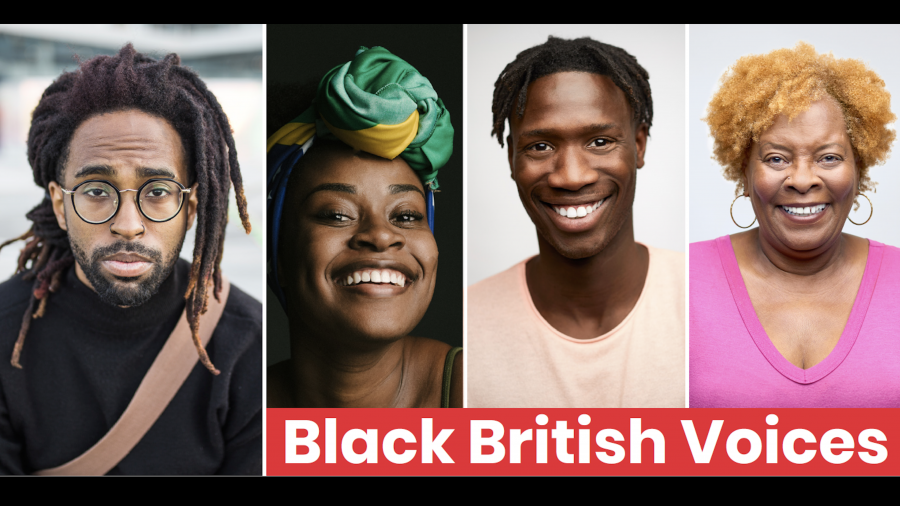How to rebuild a city with Karam Alkatlabe


The largest survey to date of the opinions and attitudes of Black people in Britain has revealed a central split on the question of British pride: around half (49%) of Black Britons consider themselves at least somewhat “proud to be British”, while almost half (45%) take little to no pride in Britishness.

The research, led by Wolfson Fellow, Dr Kenny Monrose, also suggests racial prejudice and insensitivity in UK workplaces remains entrenched, with a high percentage of respondents (88%) saying they have experienced racial discrimination at work.
In fact, almost all (98%) those surveyed said they have compromised self-expression and identity to fit into the workplace, by adapting speech or hairstyles, for example – with appearance and cultural background cited as factors influencing lack of promotion or development.
The research has been conducted by the University of Cambridge’s Department of Sociology in collaboration with The Voice, Britain’s only national newspaper for Black communities, and London-based management consultancy I-Cubed, founded by two Black women.
Over 10,000 Black Britons from across the UK completed an extensive survey of 80 questions covering a range of social and cultural issues, from media and politics to mental health. Cambridge researchers also conducted dozens of in-depth interviews with a subset of participants.
Early interviews for the Black British Voices Project (BBVP) began in 2020, with a survey launching the following year. The findings have now been analysed in full and brought together in a major 104-page report, presented today at a House of Commons event.
The report reveals that extremely high levels of distrust and discrimination are still felt deeply across Black British communities when it comes to systems such as health, education and criminal justice.
On education, some 95% of respondents believe the UK’s curriculum neglects Black lives and experiences, while fewer than 2% think educational institutions take racism seriously. Some 87% expect to receive substandard levels of healthcare because of their race, while 79% believe the police still use stop and search unfairly against Black people.
“This report needs to start a conversation into the unequal outcomes that members of Black communities face in Britain,” said Dr Kenny Monrose, lead researcher and Cambridge sociologist.
“A lot of rubbish is talked about Black communities being hard to reach. They’re not hard to reach, they’re easy to ignore. But if there's 10,000 people speaking, attention needs to be paid. You might not want to agree, but you’ve got to listen to what's being said.”
The findings should be a “wake-up call for Britain” argues Lester Holloway, Editor of The Voice. “We have many fourth-generation Black Brits and, as a community, we should be feeling part of this country. Yet the lived experience of racism in every area of life is leading many to not feel British.”
You can read more details from the survey on the University’s website.
And you can get all the information on the Black British Voices Project on their website.







